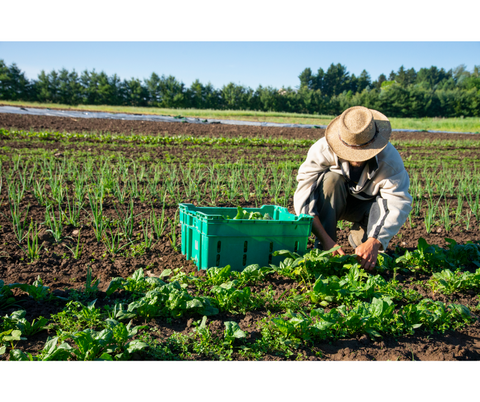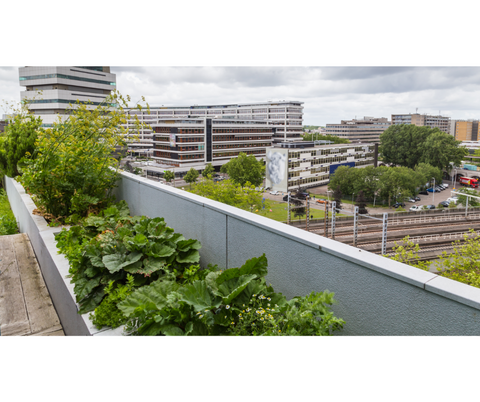In today's fast-paced world, where convenience often trumps quality, making a conscious decision to eat sustainably can feel like swimming against the current. Yet, the tide is turning. From the bustling markets of London to the organic farms of California, a quiet revolution is underway, reshaping how we think about the food on our plates. Eating sustainably is no longer just a niche interest but a global movement, driven by a growing awareness of its profound benefits for our planet, our communities, and our health. As we delve into this green journey, let's not forget the role of sustainable cooking tools, like bamboo products, in amplifying these benefits.
Why Eat Sustainably?
For the Environment
Eating sustainably means choosing foods that are produced, processed, and transported in ways that minimize environmental impact. This includes reducing greenhouse gas emissions, conserving water, and preserving natural habitats. By opting for locally sourced, seasonal produce, we reduce the carbon footprint associated with long-distance food transport. Moreover, supporting organic farming practices can enhance biodiversity and soil health, counteracting the deleterious effects of conventional agriculture.

For Your Health
Sustainable foods are often more nutritious. Organic produce, for example, is grown without harmful pesticides and fertilizers, reducing your exposure to potentially toxic chemicals. Furthermore, sustainably raised animals are not given antibiotics or growth hormones, making meat and dairy products safer and healthier. Eating a diet rich in organic fruits, vegetables, and lean proteins can lead to improved overall health, including reduced risks of chronic diseases.
For the Community
Choosing to eat sustainably also means supporting local farmers and small businesses, which helps to strengthen local economies. By buying locally, you are ensuring that more of your money stays within your community, supporting the livelihoods of local producers. Additionally, engaging with your local food system can foster a sense of community and connection to the land and the people who cultivate it.

Sustainable Eating in Practice
Transitioning to a more sustainable diet doesn't have to be daunting. Start simple:
- Shop Local: Visit your local farmers' markets or subscribe to a Community Supported Agriculture (CSA) box.
- Eat Seasonally: Base your meals around what is currently in season in your area.
- Reduce Meat Consumption: Consider incorporating more plant-based meals into your diet.
- Minimize Food Waste: Plan your meals and store food properly to reduce waste.
The Role of Sustainable Cooking Tools: The Bamboo Revolution
As we embrace sustainable eating, it's essential to consider the tools we use in our kitchens. Cooking with sustainable bamboo products is a small but significant step towards a greener lifestyle. Bamboo, a fast-growing, renewable resource, offers several advantages:
- Eco-Friendly: Bamboo requires no fertilizers and little water to grow. It also absorbs more carbon dioxide and produces 35% more oxygen than equivalent trees, making it a super-sustainable option.
- Durable and Safe: Bamboo products are not only sturdy and long-lasting but also naturally antibacterial, ensuring your cooking process is as clean and safe as possible.
- Biodegradable: Unlike plastic kitchen tools, bamboo products are fully biodegradable, reducing your carbon footprint even further.
Incorporating bamboo utensils, cutting boards, and other kitchen essentials into your cooking routine complements your sustainable eating habits, closing the loop on your eco-friendly lifestyle.
Conclusion
Eating sustainably and using eco-conscious products like bamboo are tangible steps each of us can take to make a difference. While the journey towards a fully sustainable lifestyle is ongoing, each choice we make in favour of the environment, our health, and our communities propels us forward. Begin with one meal, one product, one day at a time, and soon, you'll find that these green choices have woven themselves into the fabric of your daily life, crafting a healthier, more sustainable future for all.

